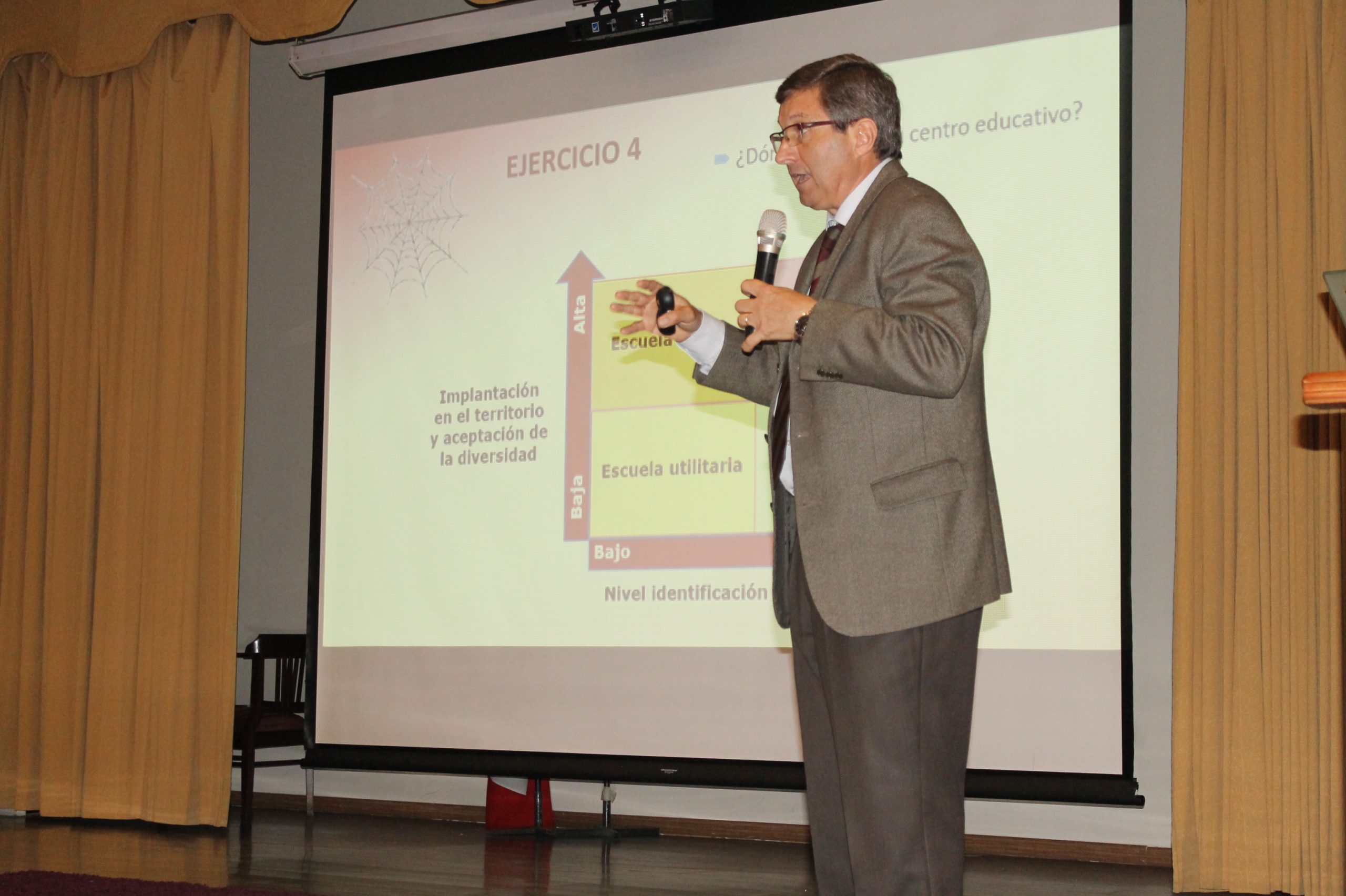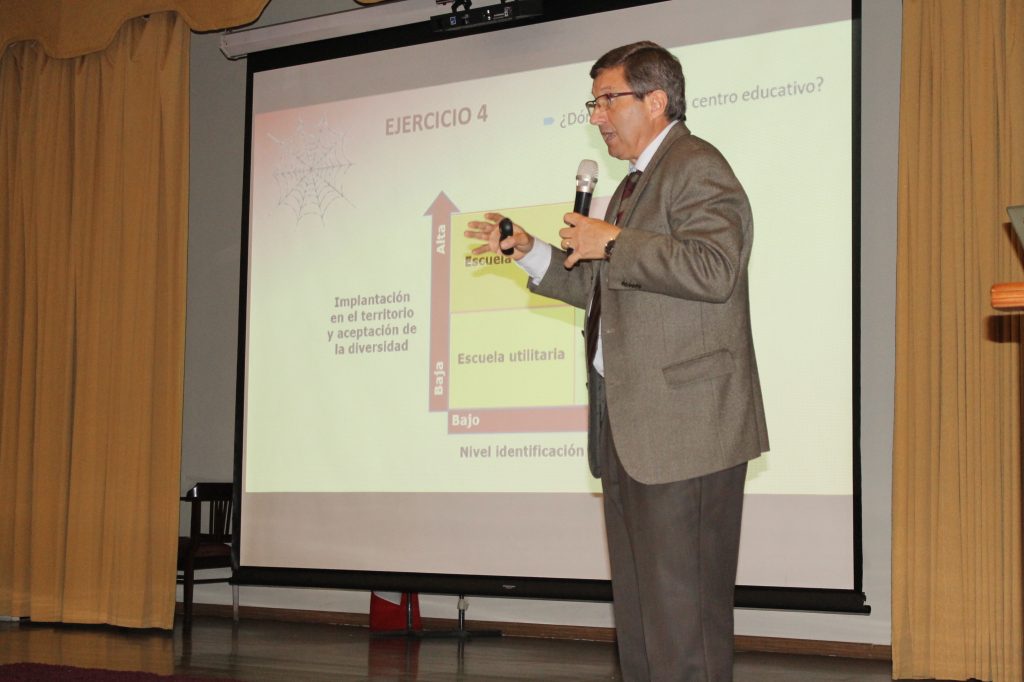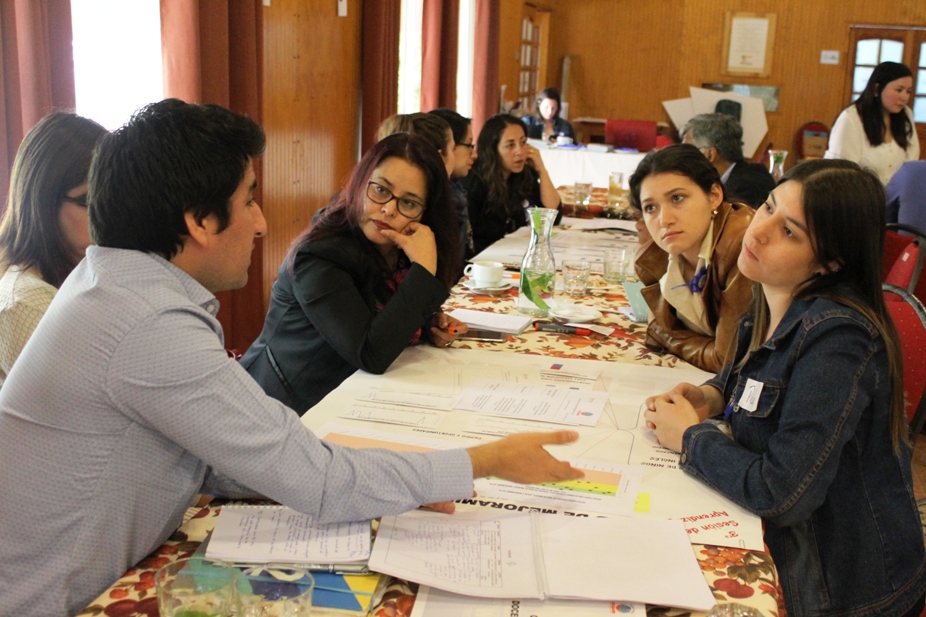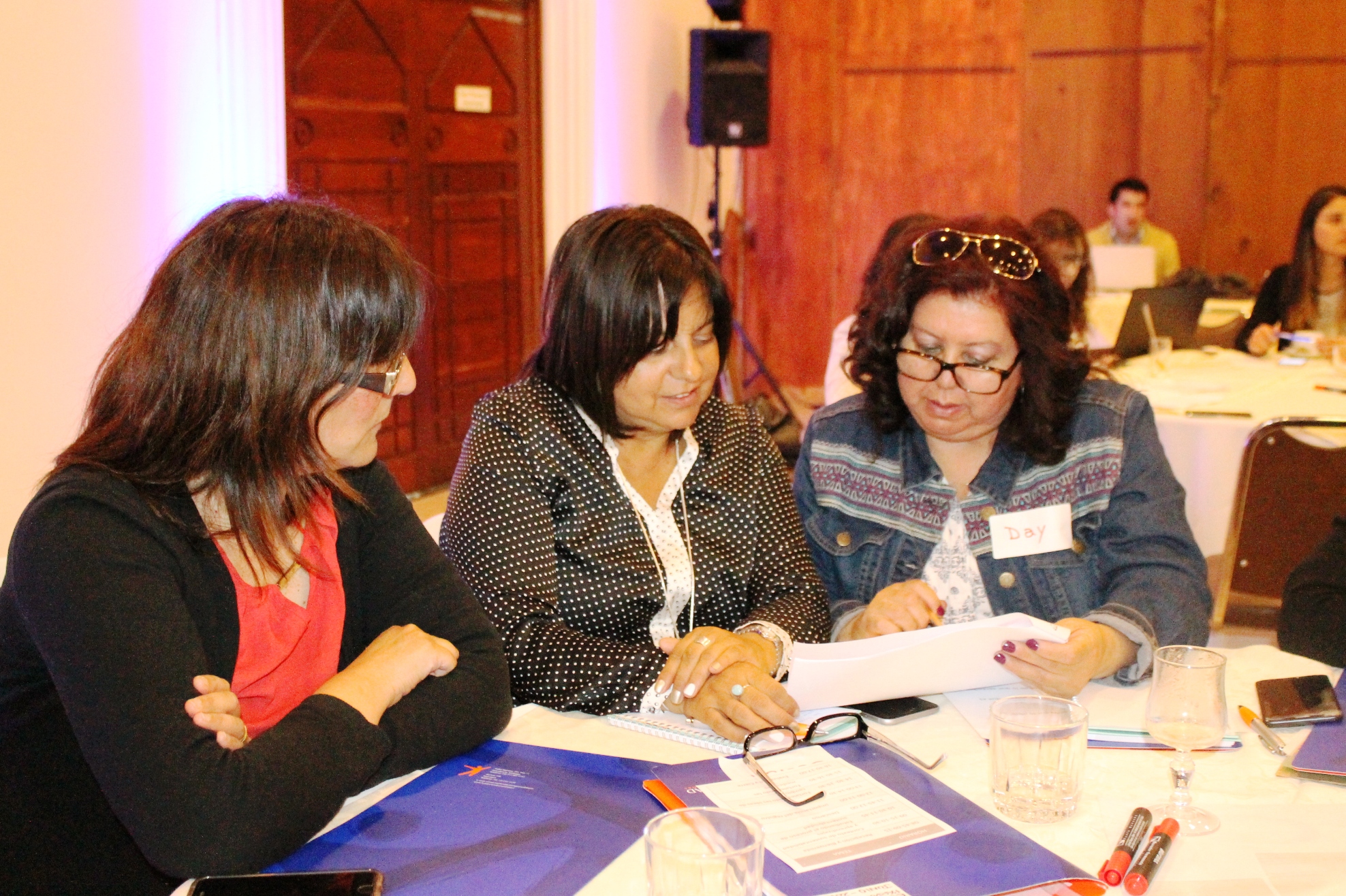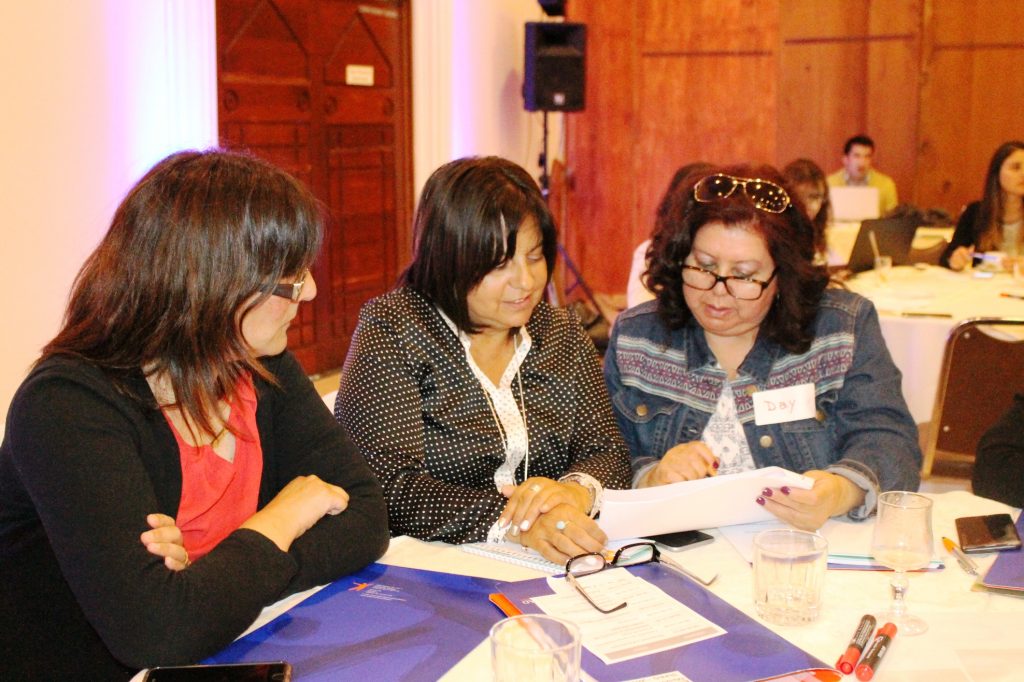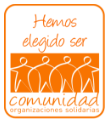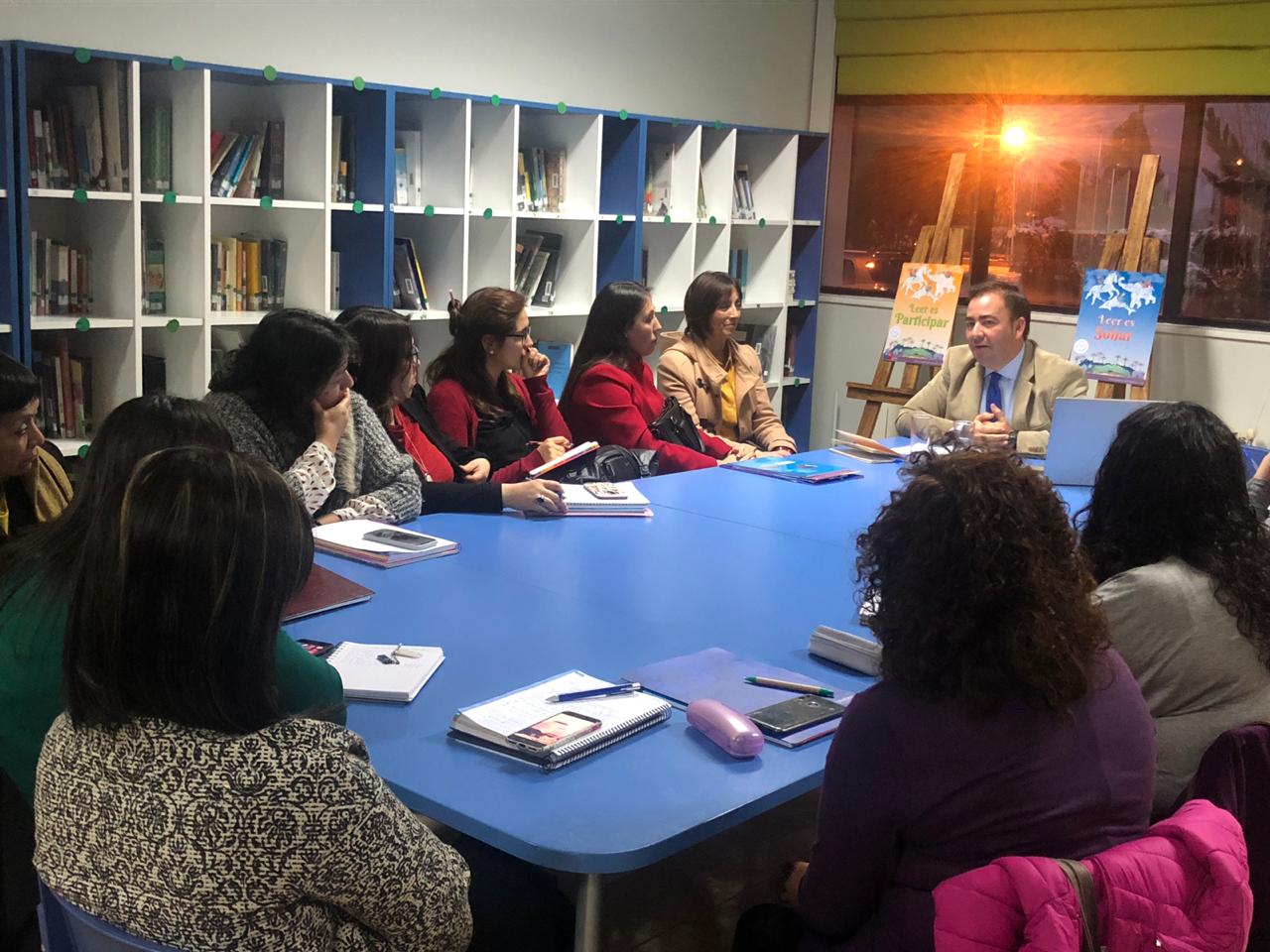
Equipo We Learn visitó escuelas de Puerto Natales que forman parte del programa piloto de inglés
Realizar observación de clases y reflexionar con los docentes sobre sus prácticas pedagógicas y el impacto de éstas en los aprendizajes de los niños fueron los objetivos de los encuentros.
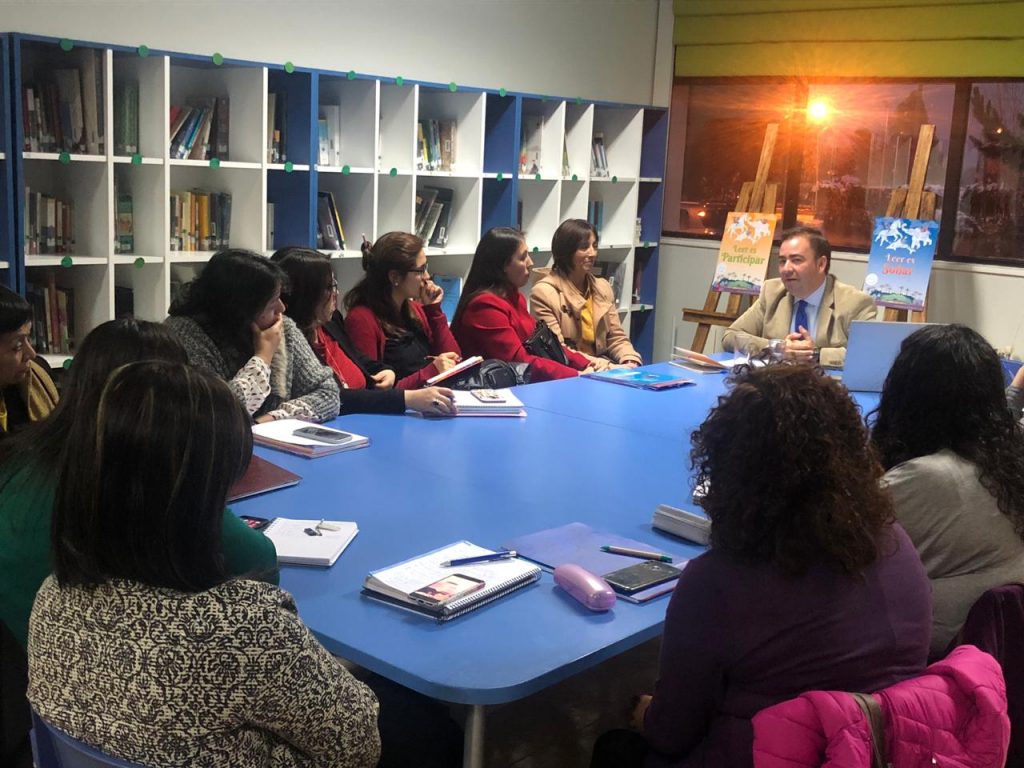
Durante una semana, del 10 al 14 de junio, los docentes y directivos de las escuelas Baudilia Avendaño de Yousuff, Coronel Santiago Bueras, Capitán Juan Ladrillero y Libertador Bernardo O’Higgins de Puerto Natales recibieron al equipo We Learn que realiza seguimiento al programa piloto que, durante los años 2019 y 2020, potenciará el inglés de cerca de 600 niños y niñas de la zona.
Este piloto, que realiza Fundación Educacional Oportunidad junto a la Subsecretaría de Educación Parvularia y la Corporación Municipal de Puerto Natales, comenzó a implementarse en marzo y en esta etapa del año correspondió analizar junto a docentes y directivos el estado de avance y analizar las posibles mejoras a implementar en lo que queda del periodo escolar.
El equipo We Learn realizó, además, observación de clases y reflexionó con los docentes sobre sus prácticas pedagógicas y el impacto de éstas en los aprendizajes de los niños.
Trinidad Castro, del área de Transferencia de Aprendizajes de Fundación Educacional Oportunidad destacó el trabajo realizado en la visita a la región de Magallanes. “Trabajamos con docentes y equipos directivos con la metodología de mejora continua que les permite a las escuelas identificar en qué cosas van mejorando, dónde requieren un poco más de ayuda, e ir diseñando sus propias estrategias que les permitan avanzar y cumplir sus objetivos”, explicó.
EXPERIENCIA WE LEARN
Para potenciar el trabajo y con el objetivo de mostrar la experiencia de 12 años de trabajo de We Learn en el Valle de Elqui, el director de la escuela Edmundo Vidal Cárdenas de Vicuña, Ruperto Pizarro, fue invitado a compartir con los equipos de las escuelas de Puerto Natales. “Ha sido una buena instancia para contar nuestra experiencia y cómo el programa ha permitido instalar habilidades y desarrollar competencias de inglés en los niños desde muy temprana edad”.
Ruperto Pizarro, que además fue finalista del concurso Global Teacher Prize Chile, conocido popularmente como el Nobel de los profesores, valoró que We Learn se esté desarrollando en Puerto Natales, ya que “al igual que el Valle de Elqui tiene un contexto turístico, llegan muchos extranjeros, y que los niños y jóvenes tengan las herramientas para desenvolverse hablando en este idioma es una gran ventaja”.

